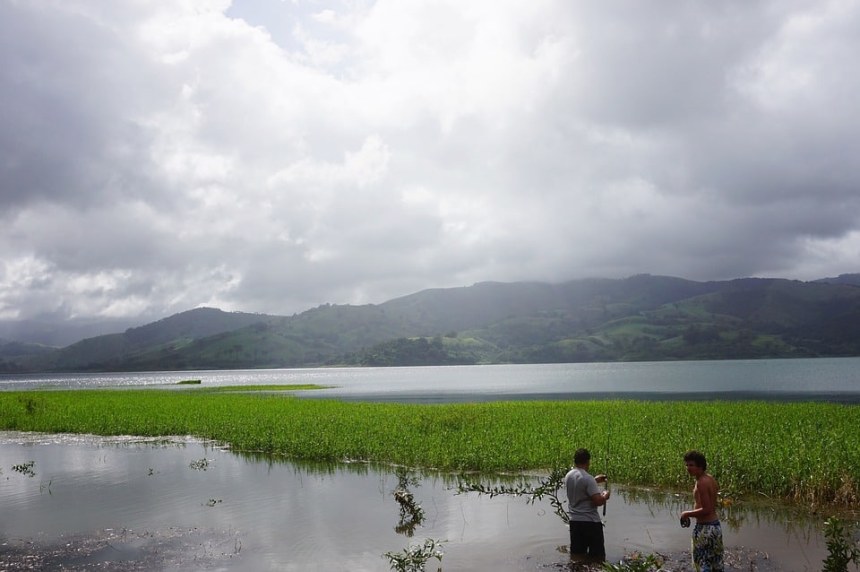
Eco-cul-tourism is a term I use not to suggest giving “cult” to “eco”, but to offer a conceptual framework that helps interpreting the different landscapes around us, as results of the interactions or no interactions between different environmental factors, processes, and phenomena (geological, meteorological and biological) with different human resource practices and value systems (cultures).
Besides offering a powerful landscape interpretation framework, this concept also allows us to become conscious of the important influences (cultural, thus also environmental) the resource practice named tourism is capable of playing within the different “cultural landscapes”. And being active actors within this dynamic of different resource practices, we choose to be conscious and responsible ones, such that our impacts (cultural and environmental) will be as positive and minimal as possible.
The eco-cul-tours not only take you through different country regions, experiencing very different environmental conditions in short distances and exploring the internationally recognized rich biodiversity the country concentrates in high density, but will also encompass the historic review of the factors (natural and cultural, from ancestral times to nowadays) that explain our physical and cultural landscapes. These eco-cultural experiences not only offer a deeper understanding of the Costa Rican changing environment and culture but also build cultural bridges and contrasts with the visitors’ in a hospitable, friendly and enjoyable Costa Rican way.
A very important added value of the eco-cultural interpretation approach, is that by identifying, valuing and respecting the locals’ behavior (environmental, technologic, religious, etc.), knowledge, resource practices and value systems (the local culture / the local dignity), there will be a better balance in the bi-directional learning process and will favor the empowerment of endogenous local processes.
As Mark Twain wrote for all of us: “Travel is fatal to prejudice, bigotry, and narrow-mindedness…”
As actors in the scenario of management and conservation of natural resources, we tourist guides got a great opportunity in our hands to collaborate as facilitators of more respectful interaction patterns with local, cultural and natural processes, and thus, of more conscious and sustainable development models.


